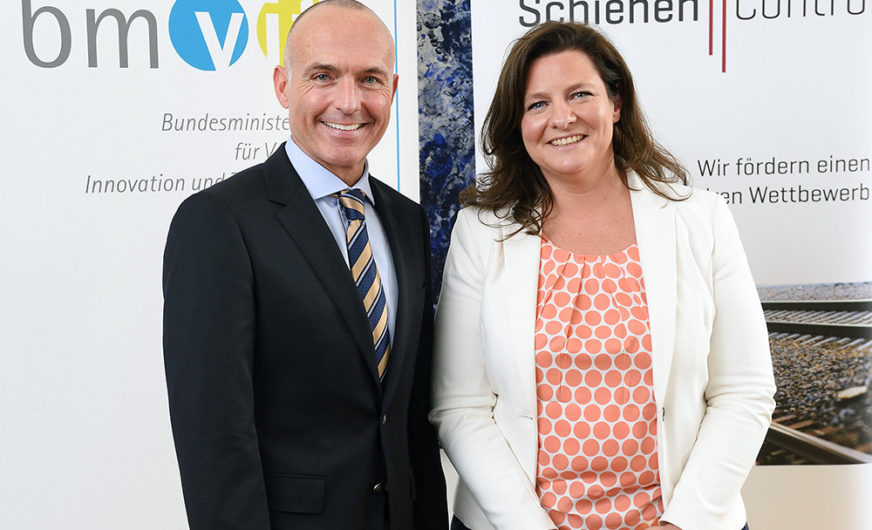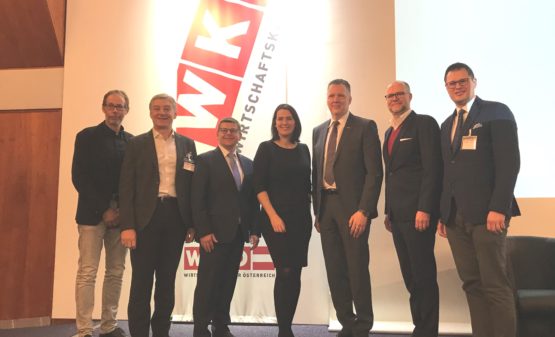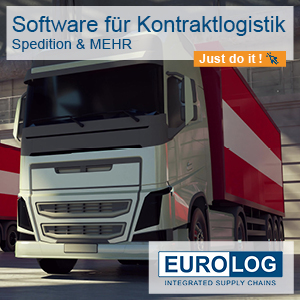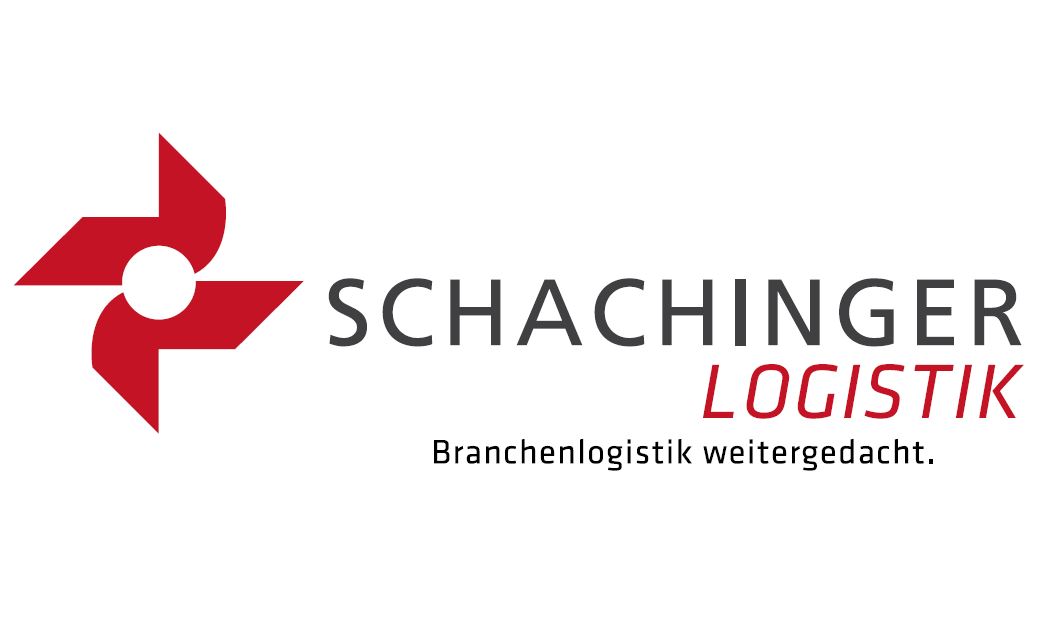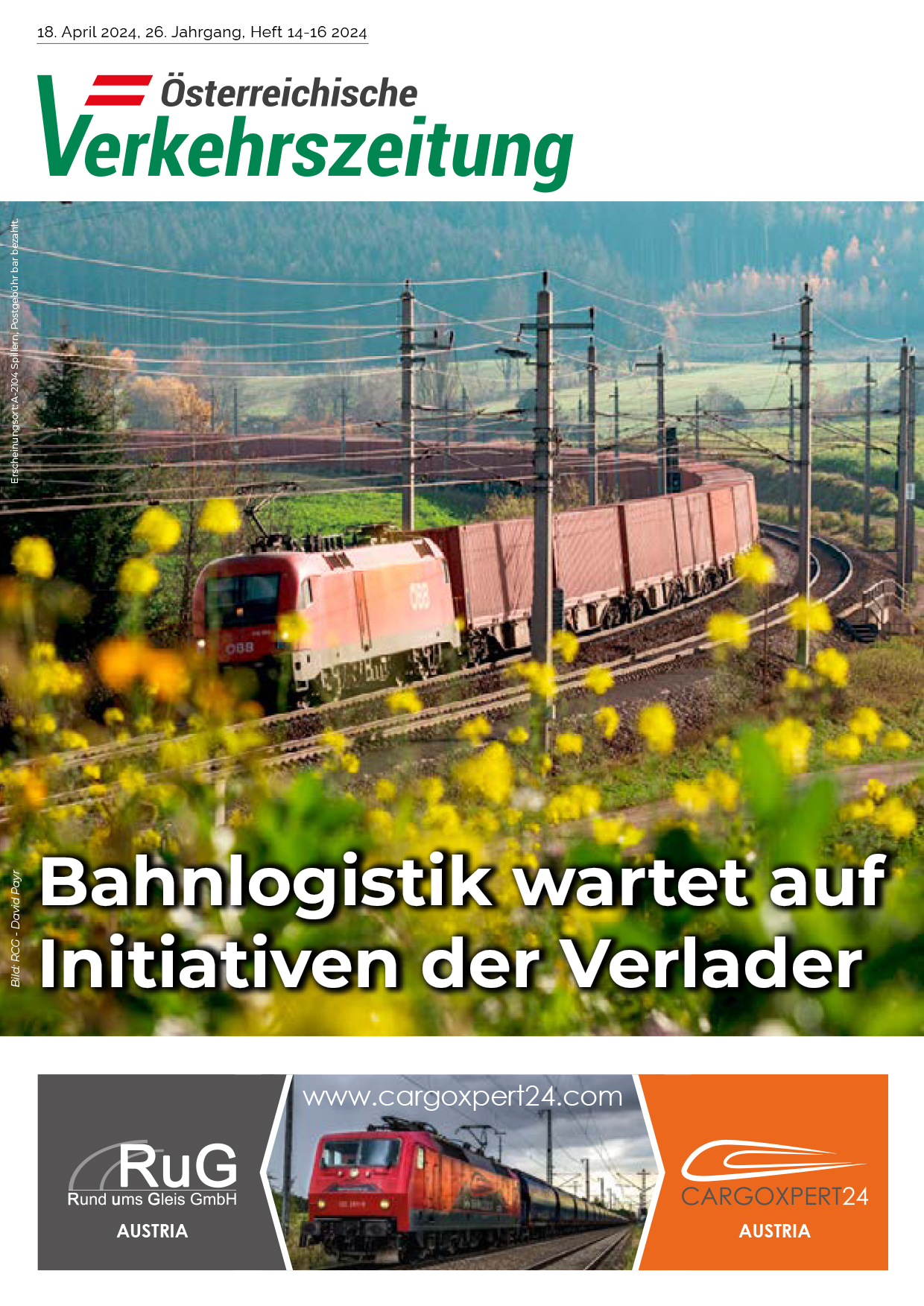Gerald Klug, Minister of Transport and Maria-Theresia Röhsler, Managing Director Schienen-Control presented the fourth IRG market report on 6 April in Vienna. Accordingly, Austria performed well in passenger as well as cargo transport on the railway.
In Austria, 22 billion net tonne kilometres were provided in 2014 in rail cargo transport, reads the latest IRG market report. The European leader is Germany, providing 114 billion net tonne kilometres, followed by Poland and France; Austria is ranked fourth.
Maria-Theresia Röhsler, Managing Director Schienen-Control: “Given the size of Austria, this is a high figure, which underlines the importance of rail cargo transport in this country.” Gerald Klug, Minister of Transport added: “We consistently promote single wagonload traffic and combined transport to facilitate access to rail transport for companies.”
In Austria 73 trains – 53 passenger, 20 for freight – are operated per day and kilometer. This figure is well above the European average (51 trains per kilometer: 41 passenger trains, ten freight trains). Overall, 80 per cent of the transport network in the member countries of the IRG-Rail are used for passenger traffic and 20 per cent for freight.
With a ratio of 73 percent to 27 percent, Austria is European leader also in this segment.
The average price for an infrastructure operator in Austria is nearly 3 cents per freight-kilometer, which is slightly above the European average (2.7 cents). However, passenger transport draws a different picture: in Austria it is 2.3 cents, which is below the average (4.3 cents). This is partly due to the low train weight in regional transport, which also runs on the low prized parts of the rail network.
IRG-Rail is an association of 26 European regulatoion authorities. The aim is to ensure the exchange of information and establish a uniform level of regulation in the European rail sector. As a founding member, Schienen-Control has been working with IRG-Rail from the beginning.


